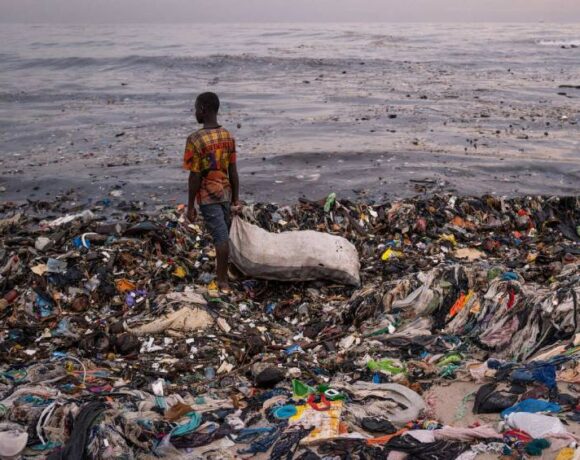European Parliament Commences Talks To Update EU Water Pollution Standards

The European Parliament’s Environment Committee has approved the commencement of trilogue negotiations to update EU water pollution standards. While this step is a welcome move towards adoption, prolonged delays risk undermining efforts to tackle water pollution over the next decade.
Over two years ago, the European Commission proposed updating the list of priority pollutants under the Water Framework Directive (WFD), adding substances of significant concern, such as PFAS (‘forever chemicals’), glyphosate and pharmaceuticals. However, this proposal was already delayed, falling short of the mandated six-year review cycle.
Unlike companion proposals on urban wastewater and air quality, which have progressed, the water pollution file faced inaction under the Swedish EU Council Presidency and delays in the European Parliament’s ENVI Committee. As a result, trilogue negotiations are now unlikely to begin before January 2024, jeopardizing the inclusion of updated measures in the upcoming River Basin Management Plans (RBMPs) for 2028–2033.
Experts warn that failing to incorporate these updates risks rendering the RBMPs ineffective in combating chemical pollution.
Expert Reactions
Sara Johansson of European Environmental Bureau, stated: “Today’s vote brings us closer to overdue water pollution standards. The Polish presidency must conclude trilogues quickly so member states can address PFAS, pharmaceuticals and pesticides in the next RBMPs.”
Manon Rouby, PAN Europe, said: “This vote is a step forward, but urgency is critical to adopt new standards in time for the next RBMPs.” Codruța Savu, WWF, opined: “Water pollution impacts public health and ecosystems. The EU must act decisively to protect drinking water and biodiversity.” Lucille Labayle, Surfrider Foundation Europe, stated: “The state of our waters demands accelerated action to limit pollution for economic and societal benefits.”
Addressing PFAS Pollution
While a comprehensive EU ban on PFAS is vital, member states can take immediate steps, such as tightening discharge permits and imposing national bans. For example, Dutch water suppliers recently urged Germany’s Environment Minister to tighten industrial PFAS discharge permits to protect Rhine drinking water quality.
All eyes now turn to the Polish EU Council presidency to ensure trilogue negotiations conclude by summer, allowing time for member states to integrate new pollution standards into their RBMPs. The urgency to act has never been greater.














